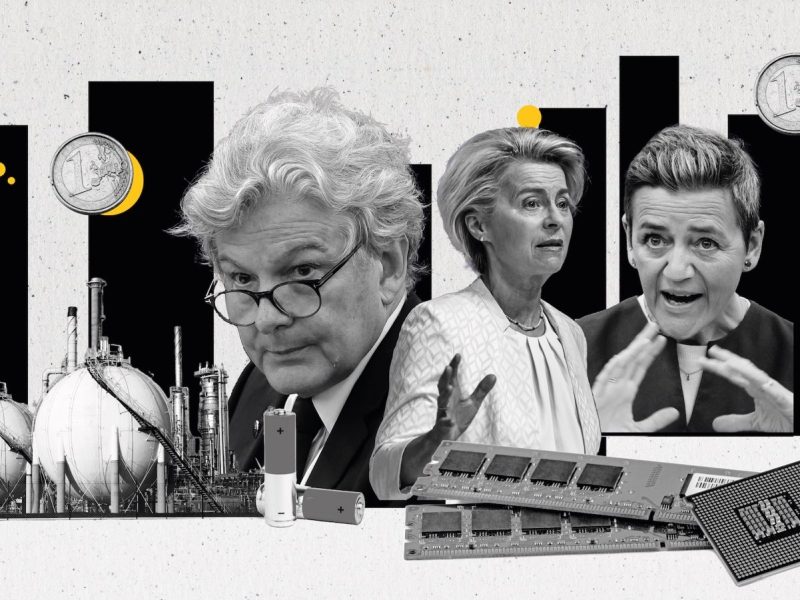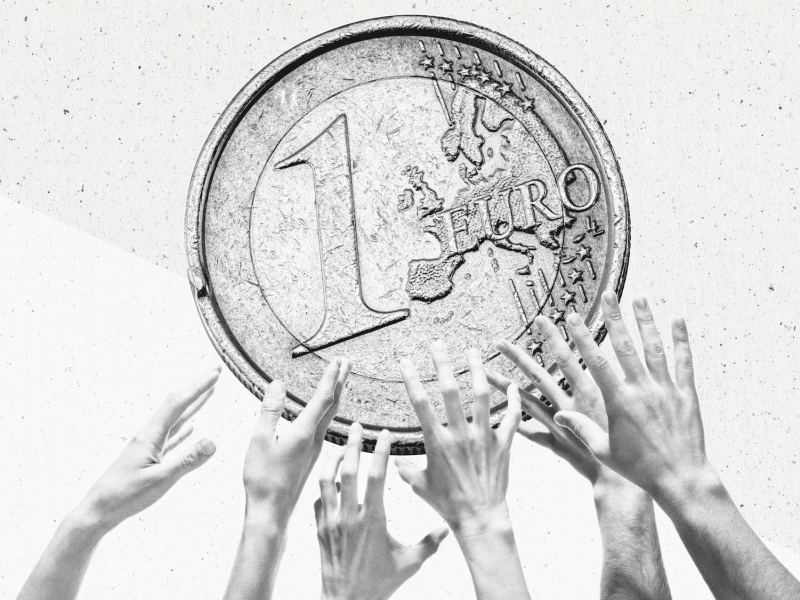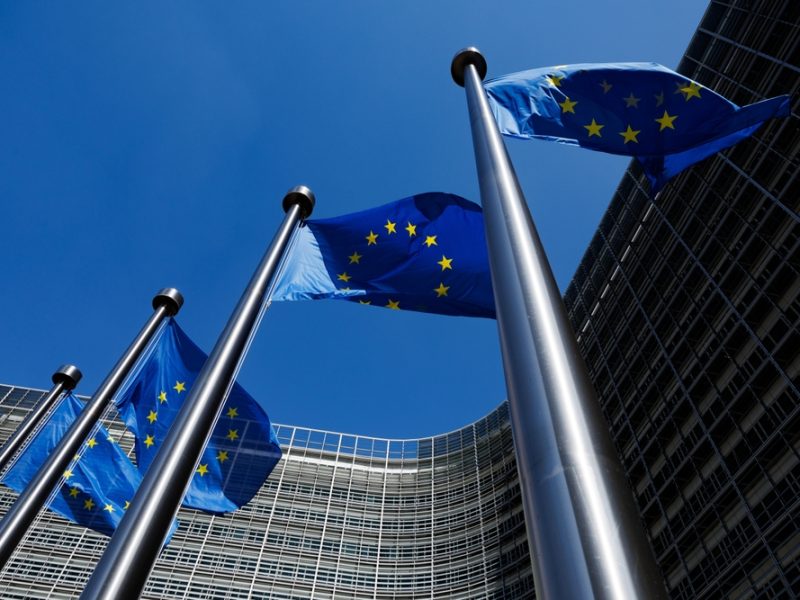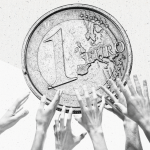Commission ‘annihilated symbolic value’ of EU Sovereignty Fund, leading MEP says – EURACTIV.com
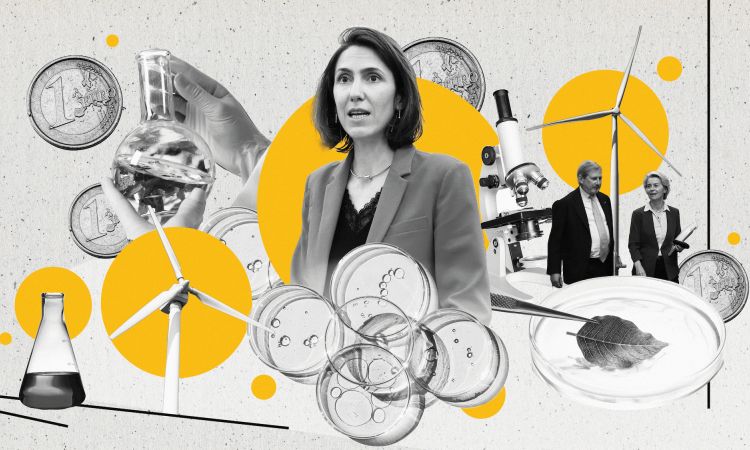
The EU’s new ‘STEP’ funding platform is unambitious and runs the risk of internal market fragmentation, French centrist Renew MEP Valérie Hayer, who co-leads the Parliament’s work on the EU budget and own resources, told EURACTIV in an interview.
The Strategic Technologies for Europe Platform (STEP), presented by the European Commission on Tuesday (20 June), has not got off to a great start.
The platform’s scope is restricted, its funding’s lacking and the symbol it sends to European companies is “just no good”, Hayer said to EURACTIV.
The STEP, which replaces the ‘European Sovereignty Fund’, will be a dedicated funding platform, aiming to power innovative technology solutions and give EU firms the cash they need to unleash their potential in the green and digital transitions.
This new financing tool, first introduced by Commission chief Ursula von der Leyen in her State of the Union speech in September 2022, was engineered in part to counter the US Inflation Reduction Act (IRA), a €370-billion tax-credit and subsidy package designed to finance the American green transition, and incentivise European companies to relocate across the Atlantic.
“Very, very disappointing”
Yet the proposal as it stands falls short of any ambitious goals, Hayer told EURACTIV. “For months, we’ve heard that Commission officials would water down the contours of the fund”, she said, making clear money would come from existing EU funds, rather than through an injection of new cash.
In its final proposal, the Commission focused on rerouting budget money that was already there, with a €10 billion top-up from member states.
“The US put €370 billion on the table, and our response is an extra €10 billion [to the budget],” the MEP said. “That’s very, very disappointing”, Hayer sighed.
The Commission’s hope is for these public funds to leverage private capital, to reach a total investment figure of €160 billion. But even that falls short of US amounts.
Words matter, Hayer added, saying that to move from a ‘Sovereignty Fund’ to a mere ‘platform’ is telling of the lowered ambitions.
As for the scope, which the Commission limited to biotech, deep tech and clean tech, it’s way too limited, according to Hayer. If we are to reach a meaningful EU ‘strategic autonomy’ – a term coined by French President Emmanuel Macron back in 2017 – the MEP said that much more must be done for economic sectors such as health, defence, spatial and access to food.
Risks of market fragmentation
How to make sense of such a limited proposal?
Von der Leyen “is under pressure” from a number of member states including her own, Germany, to keep ambitions low, Hayer told EURACTIV.
The Sovereignty Fund was supposed to be part of a broader strategy to enhance European competitiveness, alongside more state aid, according to her.
Instead, the ‘STEP’ as it stands carries risks: with the relaxation of state aid rules, enacted earlier this year, countries with substantive fiscal firepower can do without a fund, to the detriment of poorer member states.
Germany can hand out billions to open new factories – for example for Intel – but it shows they “do not want to follow European dynamics”.
An EU-wide financing tool should aim to balance fiscal inequities, but with this proposal, “there is a real risk of single market fragmentation,” the MEP warned.
Several hundred billion euros
Hayer is fully aware that member states’ fiscal leeway is constrained, following three years marked by a pandemic and energy crisis.
“Fresh money does not have to come from countries themselves,” she said. Hayer co-authored a legal report on the EU’s own resources, adopted in May, in which a number of new financing options are presented, including the taxing of cryptocurrencies, and applying a new Financial Transaction Tax.
“The proceeds from additional Union own resources must be sufficient not only to cover the debt service of the Union bonds […], but also to sustain and facilitate necessary European investments beyond 2026,” the report reads.
“Let’s also look into rerouting Europeans’ savings,” she continued – a mechanism that is already being tried and tested in France as part of a new ‘green industry’ bill.
By 2030, Hayer estimates €3 trillion will be needed at the EU level – including both public and private cash – to finance the twin green and digital transitions. There are no two ways about it, she urged: this fund must have “several hundred billion euros” at hand if the EU is to stand any real chance of competing with the US and China.
A new round of common debt, alongside higher EU resources, could be the way forward, Hayer suggested, adding that the Commission must “think anew” and not get stuck in old ways.
The proposal is a first step, she contends, so something concrete is on the table. It is now due to go to both Parliament and Council for a review.
“We’ll continue to maintain pressure,” Hayer said.
[Edited by János Allenbach-Ammann/Nathalie Weatherald]

